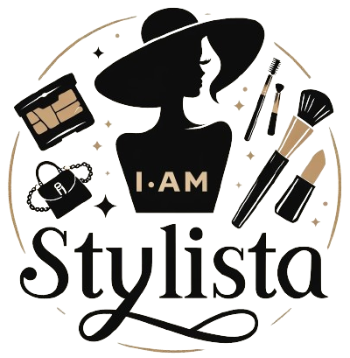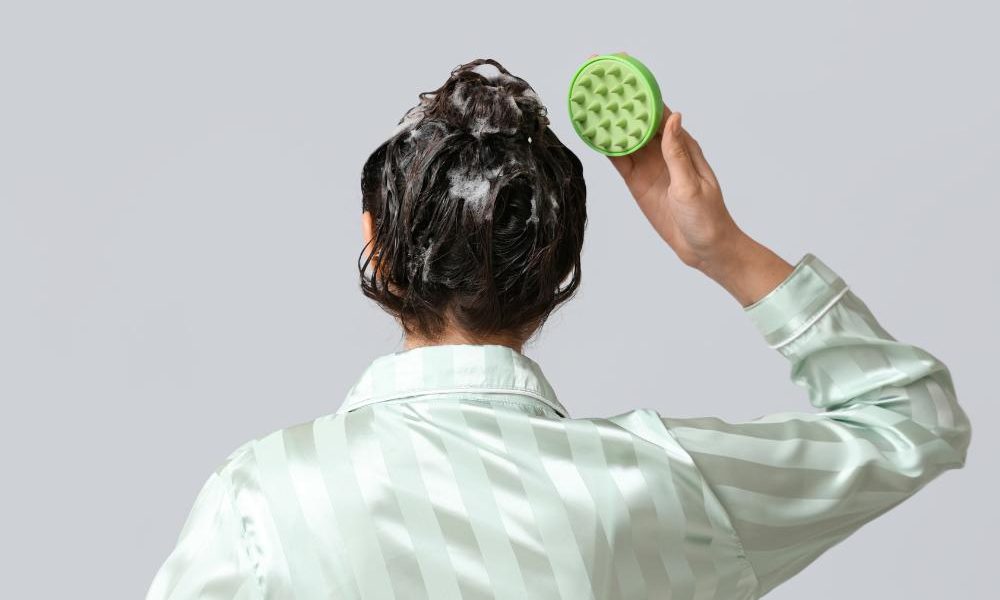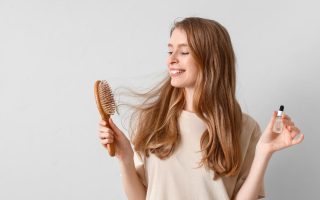Scalp scrubs are creating quite a buzz in the haircare world. From beauty influencers to dermatologists, many are advocating for these products as a must-have in your haircare routine. But are scalp scrubs really worth the hype? Let’s dive into the benefits and considerations of using scalp scrubs to help you decide if they are right for you.
Understanding Scalp Scrubs
Scalp scrubs are exfoliating treatments designed to cleanse the scalp by removing dead skin cells, excess oil, and product buildup. They come in various formulations, including salt-based, sugar-based, and those with chemical exfoliants like salicylic acid. The idea is similar to exfoliating your face or body – to reveal healthier skin underneath and improve the overall condition of the scalp.
Benefits of Scalp Scrubs
Removing Product Buildup
One of the primary benefits of using a scalp scrub is the removal of product buildup. Dr. Francesca Fusco, a dermatologist at Wexler Dermatology, explains, “A scalp scrub can be a valuable addition to your haircare routine, especially if you experience product buildup or have a flaky scalp. It’s important to choose a scrub that is gentle yet effective and to use it no more than once a week” (Healthline). Over time, styling products, conditioners, and even shampoos can leave residues that regular washing might not completely remove. A good scrub can help clear these residues, leaving your scalp feeling fresh and clean.
Promoting Hair Growth
Exfoliating the scalp can also promote hair growth. Anabel Kingsley, trichologist and brand president at Philip Kingsley, states, “Scalp exfoliation can help to unclog hair follicles, remove dead skin cells, and stimulate circulation. This can create a healthier environment for hair growth and improve the overall condition of your scalp and hair” (Philip Kingsley). By keeping the scalp clean and the follicles clear, new hair can grow more easily and healthily.
Improving Scalp Health
Healthy hair starts with a healthy scalp. Dr. Iris Rubin, dermatologist at SEEN Hair Care, emphasizes, “If you have a sensitive scalp, it’s important to choose a scalp scrub with soothing ingredients like aloe vera or chamomile. Avoid scrubs with harsh ingredients that can irritate your skin” (SEEN Hair Care). Regular exfoliation can help maintain the health of the scalp by removing dead skin cells and excess oil, which can contribute to conditions like dandruff and seborrheic dermatitis.
Personal Experience: My Journey with Scalp Scrubs
I remember the first time I tried a scalp scrub. I was dealing with an itchy, flaky scalp that just wouldn’t go away. After a few uses of a gentle scrub with soothing ingredients, I noticed a significant improvement. Not only did my scalp feel cleaner, but my hair also seemed to have more volume and shine. It was a game-changer in my haircare routine.
Myths and Misconceptions
Over-Exfoliation Risks
One common misconception is that more exfoliation is always better. Gretchen Friese, a certified trichologist, warns, “Scalp scrubs can be a great way to remove excess oil, dirt, and product buildup, which can contribute to dandruff and hair loss. However, it’s important to use them correctly and not overdo it, as over-exfoliation can irritate the scalp” (Real Simple). Over-exfoliating can strip the scalp of its natural oils, leading to dryness, irritation, and even increased oil production as the scalp tries to compensate.
Universality of Benefits
Not everyone will benefit equally from scalp scrubs. Different hair types and scalp conditions require different care. For example, those with very dry or sensitive scalps might find scrubs too harsh. It’s crucial to select the right product for your specific needs and consult a dermatologist or trichologist if you have any concerns.
Choosing the Right Scalp Scrub
Ingredients to Look For
When selecting a scalp scrub, look for ingredients that will address your specific scalp concerns. For hydration and soothing, ingredients like aloe vera, chamomile, and hyaluronic acid are excellent. For those needing deep cleansing, salicylic acid and tea tree oil can help reduce oiliness and clear away buildup.
Frequency of Use
Dr. Francesca Fusco recommends using a scalp scrub no more than once a week to avoid irritation (Healthline). This frequency allows you to reap the benefits of exfoliation without overdoing it and potentially causing harm.
Personal Experience: Finding My Perfect Scrub
I experimented with a few different scrubs before finding the right one. Some were too abrasive, leaving my scalp red and itchy. Finally, I discovered a scrub with sugar crystals and aloe vera that provided the perfect balance of exfoliation and hydration. It has become a staple in my weekly haircare routine.
How to Use a Scalp Scrub
Application Tips
- Start with Wet Hair: It’s easier to distribute the scrub evenly on wet hair. Begin by thoroughly wetting your hair and scalp in the shower.
- Section Your Hair: Divide your hair into sections to ensure that the scrub reaches your scalp evenly. This is especially important for those with thick or long hair.
- Massage Gently: Use your fingertips to massage the scrub into your scalp in circular motions. Avoid using your nails, as this can cause irritation.
- Rinse Thoroughly: Make sure to rinse out all the scrub from your hair to prevent buildup. Follow up with a conditioner to keep your hair hydrated.
Personal Experience: My Scalp Scrub Routine
Incorporating a scalp scrub into my routine has been a revelation. I use it once a week, usually on a Sunday, to start the week with a clean, refreshed scalp. The process of massaging the scrub into my scalp is almost meditative, and the results have been worth the effort. My hair feels lighter, and my scalp is no longer plagued by flakes and itchiness.
The Science Behind Scalp Scrubs
The Effects of Scalp Exfoliation on Hair Growth and Scalp Health
A study titled “The Effects of Scalp Exfoliation on Hair Growth and Scalp Health” published in the Journal of Cosmetic Dermatology in 2021 found that regular scalp exfoliation can improve scalp health by removing dead skin cells and product buildup. This leads to increased hair growth and a healthier scalp environment.
The Role of the Scalp Microbiome in Hair Health and Disease
Another study, “The Role of the Scalp Microbiome in Hair Health and Disease” from the International Journal of Trichology in 2021, explored the relationship between the scalp microbiome and hair health. The findings suggest that a diverse and balanced scalp microbiome is essential for maintaining a healthy scalp and promoting hair growth. Scalp scrubs can help to maintain this balance by removing excess oil and debris that can disrupt the microbiome.
Conclusion
Scalp scrubs can be a valuable addition to your haircare routine, offering benefits like improved scalp health, enhanced hair growth, and a cleaner, more refreshed feel. However, it’s essential to choose the right product for your scalp type and use it correctly to avoid potential risks like over-exfoliation and irritation. By understanding your scalp’s needs and selecting products accordingly, you can enjoy the benefits of scalp scrubs and maintain a healthy, vibrant scalp and hair.
Incorporating a scalp scrub into your routine can be a game-changer. With the right approach, you can achieve a cleaner, healthier scalp and hair that’s full of life. So, if you’re curious about scalp scrubs, give them a try – your scalp and hair might thank you.




